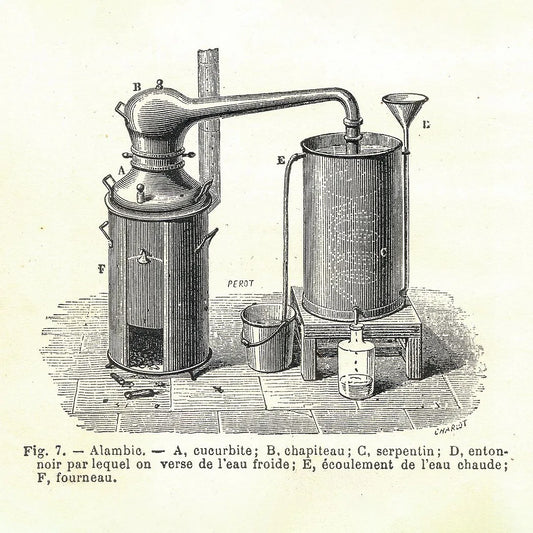When the human body encounters harmful substances in its environment— cigarette smoke, vapor from electronic cigarettes, ozone, industrial chemicals, pesticides, fried foods, ultraviolet light, and others—it produces molecules known as free radicals. These unstable molecules contain an unpaired electron, so their entire existence revolves around finding an electron with which to bind, allowing them to stabilize. This process creates a condition known as oxidative stress, because oxygen is required for the bonding to occur. Each time a free radical binds with another molecule, it steals an electron from that molecule, which creates another free radical that must find a replacement electron. This process has the potential to damage proteins, cell membranes, and even our DNA, the building blocks that determine every characteristic in the body—and when DNA becomes damaged, it can mutate into the kinds of cells that cause cancerous tumors to grow. Free radicals also can hasten the aging process, and they can encourage the development of degenerative diseases including heart disease, multiple sclerosis, Parkinson’s disease, autoimmune diseases, and dementia. It is critically important for the body to maintain a balance of free radicals and antioxidants, nutrients that keep free radicals from forming and reduce their damage to the body.
Antioxidants come from phytochemicals, substances found in plants, so eating fruits and vegetables plays a key role in controlling free radicals. Taking antioxidant supplements does not have the same effect, however—in fact, some studies suggest that synthetic antioxidant supplements may actually do harm to the body. Research tells us that eating fresh fruits and vegetables is required to gain their positive antioxidant effects.
How do essential oils fit into this picture? Essential oils come from plants, making them candidates for antioxidative properties, but to date, only a few have been studied for their potential ability to counteract free radicals. A Russian study published in 2009, for example, studied 14 essential oils using gas-liquid chromatography to observe their antioxidant behavior in a laboratory. The study determined that garlic, clove bud, ginger, and cinnamon leaf essential oils had “maximal efficiency” of 80 to 93 percent in preventing oxidation. These oils have not been studied for their effects on oxidative stress in the human body, however, so no conclusions can be drawn to suggest that they would be useful as antioxidants for people.
A 2010 study published in the Journal of Agricultural and Food Chemistry took the research to the next step, testing coriander and caraway essential oils in laboratory animals. Samojlik et al. (2010) pretreated the specimens with either coriander or caraway essential oil and then gave them carbon tetrachloride, which has a negative effect on the liver and kidneys. The researchers found that caraway essential oil “strongly inhibited” liver damage through its antioxidative ability, while coriander actually had the opposite effect—it acted as a prooxidant, encouraging oxidative stress. “The essential oil of caraway appeared promising for safe use in folk medicine and the pharmaceutical and food industries,” the paper concluded.
Another 2010 study published in the journal Natural Product Research tested six of the most popular essential oils—lavender, peppermint, rosemary, lemon, grapefruit, and frankincense—for their potential as scavengers of free radicals. Yang et al. (2010) determined that lavender and lemon essential oils had the strongest antioxidant properties specifically against the free radical compound DPPH, and peppermint essential oil foiled the ABTS free radical. Lavender oil had the most lasting effect, continuing to fight free radicals 10 days after the test began.
As with most studies of essential oils and their potential effects on human diseases and conditions, the research cited here provides only a hint of the information required to put essential oils to use as antioxidants. Whether these oils can have a positive effect on oxidative stress through inhalation, consumption, topical application, or some other method remains to be seen, as there have been no studies to date involving human subjects.





